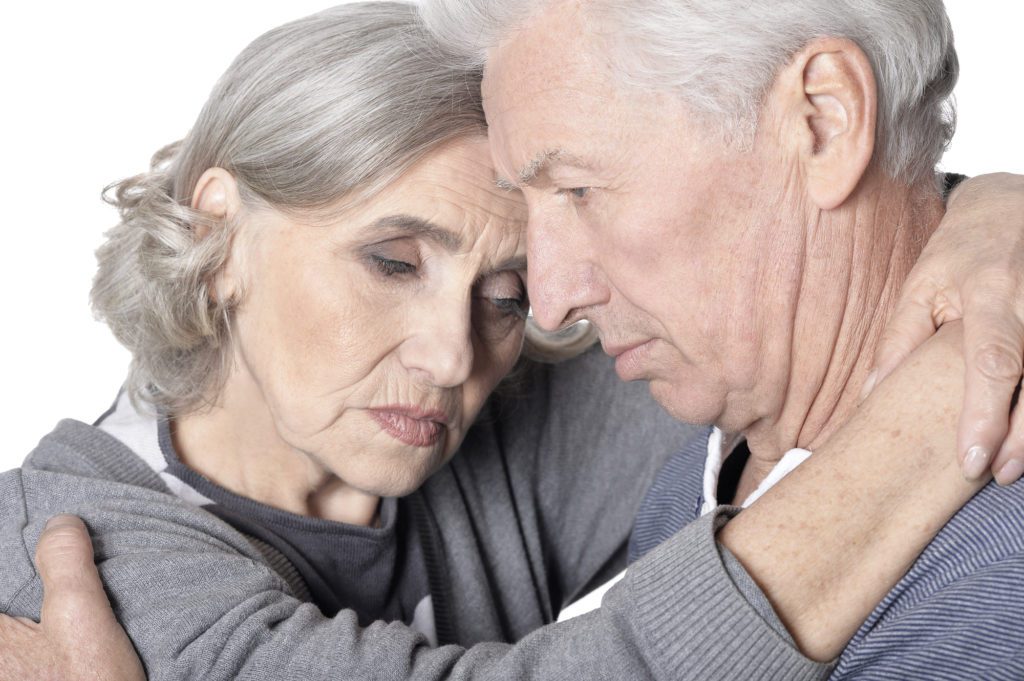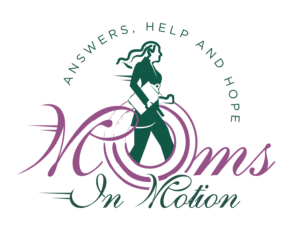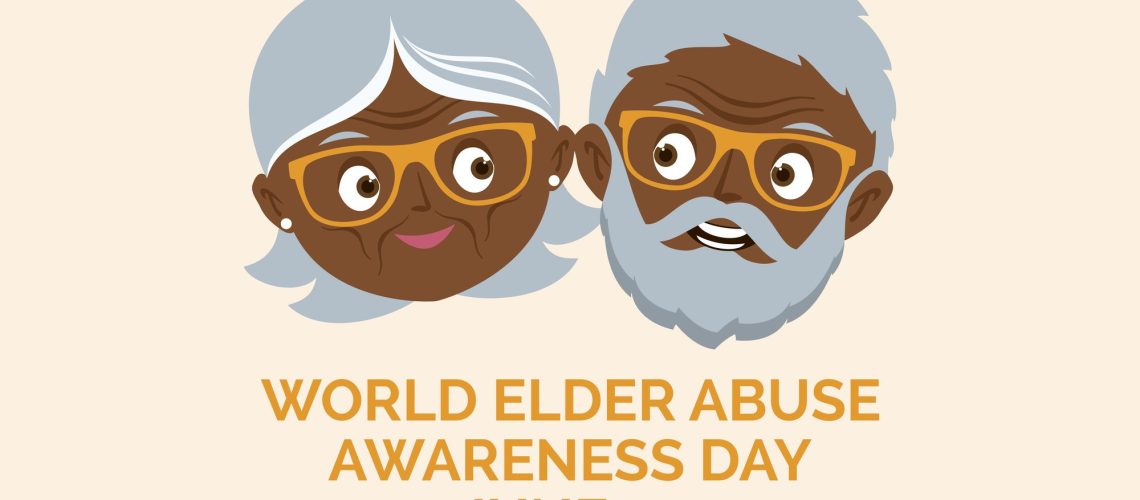World Elder Abuse Awareness Day (WEAAD) was launched by the International Network for the Prevention of Elder Abuse and the World Health Organization at the United Nations. The purpose of WEAAD is to provide an opportunity for communities around the world to encourage awareness and an understanding of abuse and neglect of older persons by promoting comprehensive knowledge of the cultural, social, economic and demographic processes affecting elder abuse and neglect (Albemarle County Department of Social ServicesOne of the largest Commonwealth agencies, partnering with 120 local departments of social services to promote the well-being of children and families statewide and ensure that thousands of the most vulnerable citizens have access to the best services and benefits available to them. More Adult Protective Services 2022).
Did You Know...
January 15th is Elder Abuse Awareness day!
It’s important to keep a close eye on your loved ones because abuse can be committed by anyone: friends, family, care staff, or strangers. It is everyone’s responsibility to take action immediately if you think any type of abuse is occurring.
An estimated 1 in 6 older adults experience elder abuse and only 1 in 24 cases are reported.
Types of Elder Abuse:
Physical – Physical abuse is the intentional use of force against an elderly person. It includes hitting, shoving, kicking, or physically restraining an older adult.
Emotional harm – Psychological and emotional abuse are intentional acts that inflict mental pain, fear, or distress on an elder. Emotional abuse can take many forms. For example, caregivers may belittle elders, call them names, or threaten them. But it’s not just name-calling-caregivers may even cut off older people from loved ones or resources.
Sexual assaults – Elders can be sexually abused by anyone, including nursing home staff, residents, in-home caretakers, friends, and family members.
Financial exploitation – Is the illegal, unauthorized, or improper use of an older individual’s resources. Nursing home staff, family, or even strangers can all commit elder financial abuse.
Abandonment – Sometimes paired with neglect, elder abandonment happens when someone who cares for an older person intentionally deserts them. The former caretaker may leave the elder at a hospital, nursing home, or another care facility without any formal arrangement, or with relatives who did not agree to be caregivers.
Neglect – Elder neglect happens when a caregiver fails to protect an older adult from harm, resulting in serious injuries or illnesses.Cases of elder and nursing home neglect are not honest accidents. Rather, they are the result of carelessness or a lack of regard for an older person’s health. Self-neglect happens when an elderly person is no longer able to meet their basic daily needs, and they suffer as a result.

What to Do If You Suspect Elder Abuse
Call 911 in an emergency: If you are worried that an elder is in immediate danger, call the police or 911.
- Check in with your loved one: Some elders may be hesitant or scared to bring up their abuse experience, but they may confide in you with gentle prompting.
- Keep in regular contact with your loved one: Elders who are socially isolated are at a higher risk of abuse.
- Take accusations seriously: Too many people neglect to believe elders when they tell loved ones about their abuse. Do not take elder abuse accusations lightly — make sure you get your older loved one the help they need.
- Use available resources: Report abuse or neglect to a local Adult Protective Services (APS) office, or the police. You can also feel free to visit our searchable resource list to find elder tools, services and organizations.
- Call 434-972-4010 and asked to speak to the Adult Services Intake worker OR call the State Hotline at 1-888-832-3858

